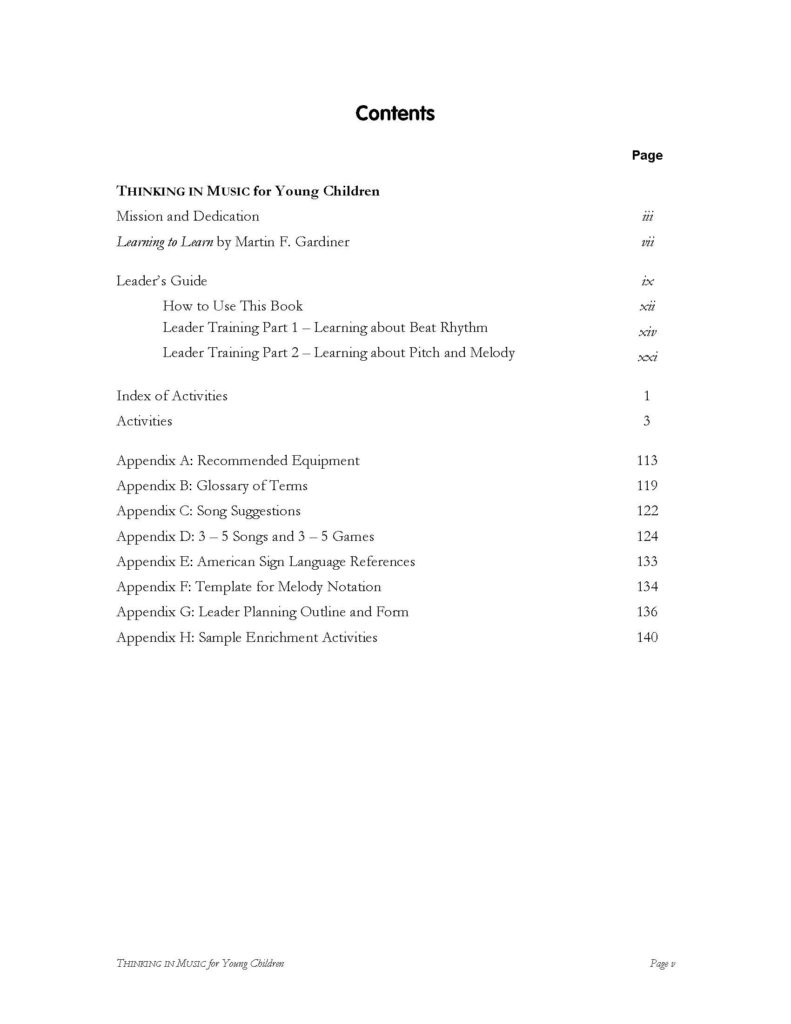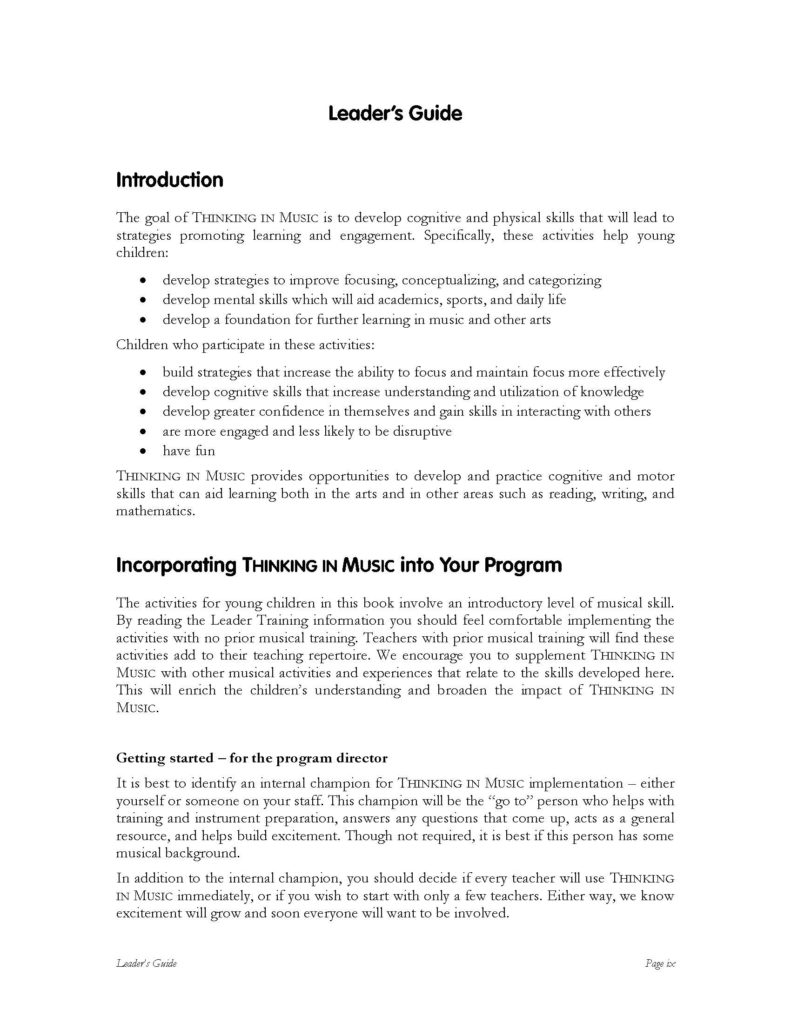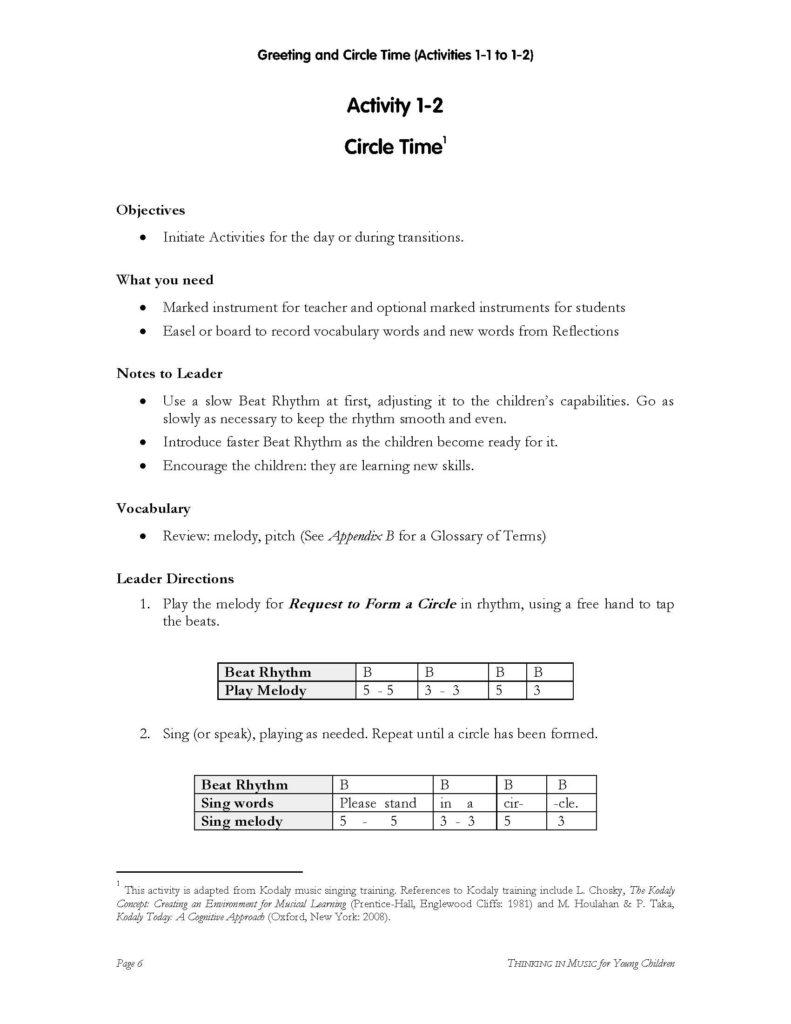"Thinking in Music" Lessons
A curriculum and certification for developing cognitive skills in young children.
Take a peak inside!
Thinking in Music Introduction and Demonstration
Thinking in Music
Demonstration 2
THINKING IN MUSIC is a program for pre-school children aimed at introducing young people to the joys and values of music and other ats, at the same time helping them to develop themselves and learn more effectively.
One great advantage that music and other arts bring to the task of educating youngsters is the great pleasure these activities so often generate. Engaging in artistic activity is fun. Once youngsters discover that it is even more fun to engage in artistic activities with skill, they will try hard to increase their enjoyment by becoming even more skillful.
The arts provide opportunities for young people to learn, practice, and develop ways of thinking skillfully that can aid their learning both in the arts and also beyond the arts. People must learn not only facts, unt also how to use their minds, to engage mentally with each area of help develop mental skills needed throughout thinking and learning.
Martin F. Gardiner, Ph.D.
Center for the Study of Human Development
Brown University
Providence, Rhode Island
sample Program Lesson 1
What’s Covered:
The Greeting Song; Rain, Rain Go Away (Vocal, American Sign Language, and Creating Own Movements)
Materials Needed:
No Materials Needed
Teachers: Josh and Jessie
Josh is certified in the “Thinking in Music” curricula, and he is helping to train Jessie.

PART A
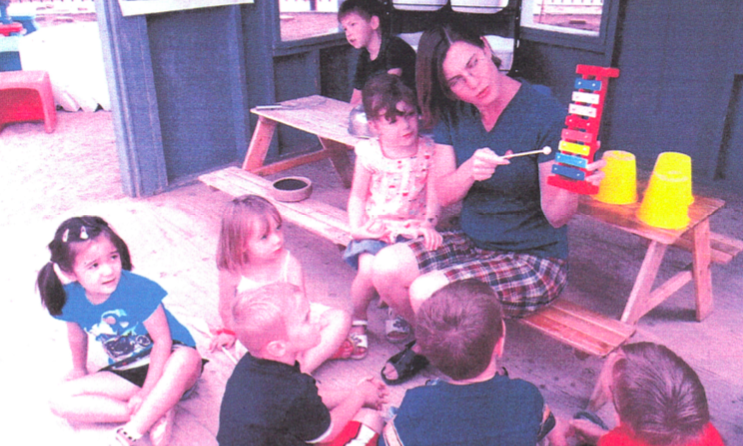
PART B

PART C


sample Program Lesson 2
What’s Covered:
The Greeting Song; Rain, Rain Go Away Hiding Game
Materials Needed:
A penny (or something of that size) to hide
Teachers: Josh and Jessie
Josh is certified in the “Thinking in Music” curricula, and he is helping to train Jessie.
PART A
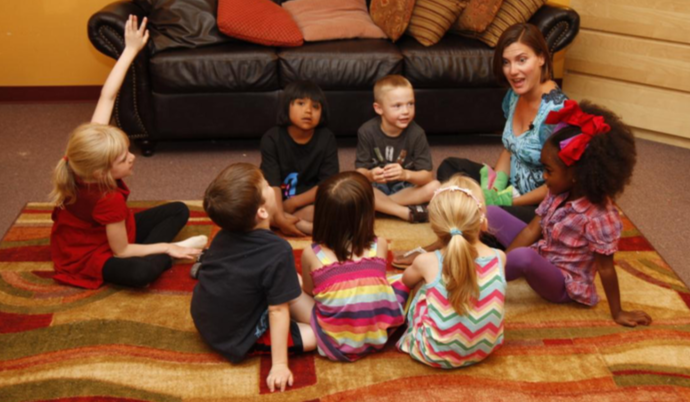
PART B
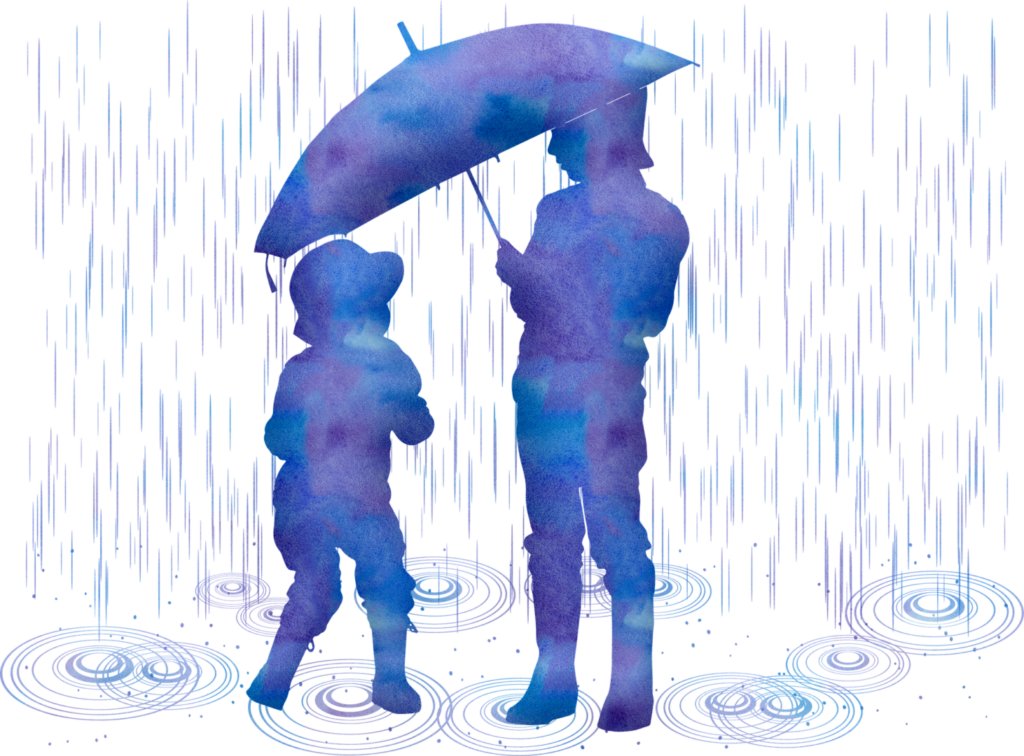
PART C
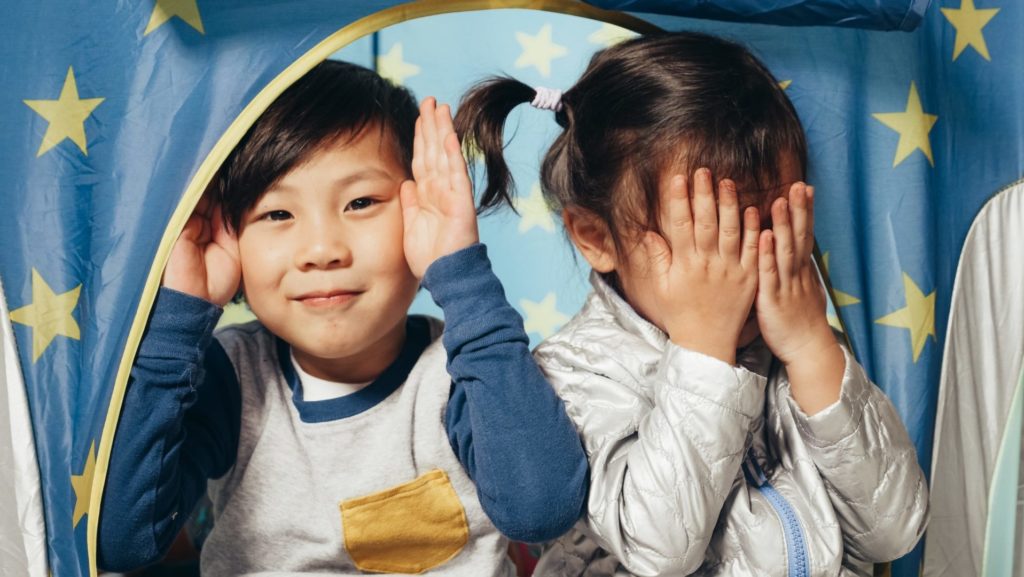
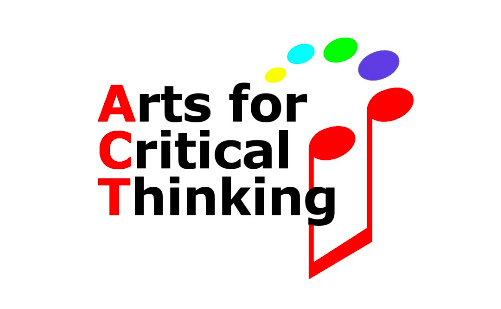
The ACT Program is dedicated to Edith Morse Milender, whose vision gave life to this project.
THINKING IN MUSIC, INC. Develops and promotes affordable programs that help develop thoughtful and skillful minds.
Skill in the arts depends on ways of thinking that are also adapted in other academic areas, including mathematics and verbal language.
Findings show that active participation in the arts can enrich us intellectually, emotionally, and socially.

